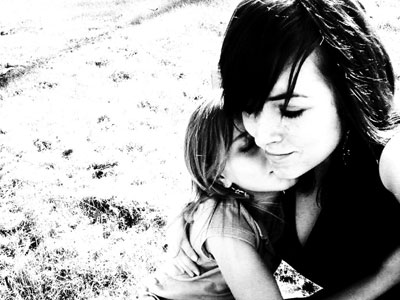All Nonfiction
- Bullying
- Books
- Academic
- Author Interviews
- Celebrity interviews
- College Articles
- College Essays
- Educator of the Year
- Heroes
- Interviews
- Memoir
- Personal Experience
- Sports
- Travel & Culture
All Opinions
- Bullying
- Current Events / Politics
- Discrimination
- Drugs / Alcohol / Smoking
- Entertainment / Celebrities
- Environment
- Love / Relationships
- Movies / Music / TV
- Pop Culture / Trends
- School / College
- Social Issues / Civics
- Spirituality / Religion
- Sports / Hobbies
All Hot Topics
- Bullying
- Community Service
- Environment
- Health
- Letters to the Editor
- Pride & Prejudice
- What Matters
- Back
Summer Guide
- Program Links
- Program Reviews
- Back
College Guide
- College Links
- College Reviews
- College Essays
- College Articles
- Back
The Unbreakable Bond
My sister Mary Anne is 25 years old. She lives with my parents, me and our dog, Magic. She has a disability that makes her unable to talk or take care of herself. She has caregivers that help us take care of her and help feed her. She also goes to a program that teaches her ways to take care of herself.
Hypomelanosis of Ito
Mary Anne was born with a rare syndrome called Hypomelanosis of Ito. Hypomelanosis of Ito is characterized by whirls of pigment in various parts of the body. It’s also associated with mental retardation and other neurological and systemic disorders (such as her teeth – Mary Anne is missing many of her adult teeth). It’s the mental retardation that keeps Mary Anne from learning speech, much like Down’s Syndrome or very severe autism. Rather than focusing on the diagnosis, Mary Anne and my parents had to focus on the developmental delays and challenges associated with mental retardation.
Her greatest accomplishment was learning how to walk. Many of her classmates in special ed never did, and it has given Mary Anne great mobility. She does not have to stay in a wheelchair, and she loves to dance in our kitchen.
The doctors did not know what was wrong with Mary Anne at first, but she didn’t develop like typical babies. She had to have a lot of therapy, and she still does today. She does physical therapy, and she went to special education classes when she was in school. Our family learned American Sign Language, or ASL, so that we could teach her how to communicate. It didn’t work. Mary Anne eventually forgot it, as did the rest of our family.
Living with Mary Anne
Because Mary Anne is eight years older than me, I have known her my whole life, and we have been close my whole life. She has always been there. When I was little, I used to play with her. We danced and went swimming together. She’s able to express when something is wrong. When she isn’t feeling well, she yells, but when she is very happy, she dances around. When she wants more juice in her cup, she sometimes throws it on the floor.
I have always wondered what it would be like if my sister didn’t have a disability. She would probably have a job or be in college. She would be able to help me with stuff. Maybe she would give me advice on my problems. Even though I don’t have a traditional relationship with my sister, we love each other no matter what happens, and nobody can break that sisterhood bond between us.
All the Questions
I was afraid to have my friends meet Mary Anne because she is different from most siblings. What would they think about her? I was afraid they would make fun of her because she’s different. My friend Sammy said it was weird, but she understood about Mary Anne. My friend Ellis says that Mary Anne is very cool and funny at times. After my friends meet Mary Anne, they ask tons of questions like, “How does she communicate with everyone?” and “Why is she like this?” At first, I couldn’t explain why she is different, but now I’m able to explain to them what it’s like in our family.
I didn’t know much about her condition. But I asked my mom a lot of questions and educated myself about Hypomelanosis of Ito so that when my friends have questions, I can answer them.
I tell my friends they shouldn’t be afraid to ask me questions about her. Education is a good thing. She needs to be respected. My family likes to remind people that just because she doesn’t speak, that doesn’t mean she doesn’t have anything to say.

Similar Articles
JOIN THE DISCUSSION
This article has 7 comments.
